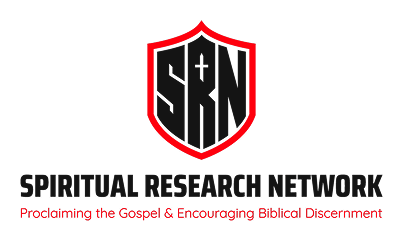Spiritual abuse is a real and growing concern in churches, ministries, and religious communities. Though often hidden behind religious language or leadership titles, it leaves deep wounds—emotionally, mentally, and spiritually.
People who experience this form of abuse often carry shame, confusion, and fear. If you’ve found yourself asking, What is spiritual abuse, understanding it is the first step toward healing and freedom.
At its core, spiritual abuse is the misuse of religious authority or belief to manipulate, control, or harm others. It distorts God’s truth, damages trust, and often leaves victims isolated. Unlike physical abuse, it may not leave visible scars—but the impact on a person’s faith, identity, and relationship with God can be profound.
Defining and Recognizing Spiritual Abuse
Spiritual abuse happens when someone uses their position of spiritual influence to exploit, dominate, or deceive others. This could be a pastor, teacher, mentor, or religious leader who twists Scripture or spiritual authority for personal gain or control.
It can also happen in religious groups that elevate their teachings above the Bible, silence dissent, or discourage accountability. Whether intentional or subtle, the result is the same—spiritual harm and distorted views of God.
Here are key signs to watch for:
1. Control Through Fear, Guilt, or Shame
One common tactic of spiritual abusers is using fear-based language to keep people compliant. They may claim divine authority to make decisions for others. Victims are often told that questioning leadership equals rebellion against God. Scripture is quoted out of context to justify obedience and silence.
This creates an atmosphere of control, not love. True biblical leadership points people to Christ, not to human control or spiritual threats.
2. Misuse of Scripture for Manipulation
Spiritual abusers may quote the Bible frequently—but they twist its meaning. Verses are used to support their agenda, demand submission, or shame individuals into compliance. Passages about loyalty, tithing, or judgment may be misapplied to silence questions or keep people under pressure.
This abuse distorts the Bible’s true message and causes deep confusion about what God really says.
3. Suppression of Questions and Independent Thought
Healthy spiritual environments allow questions. Abusive ones do not. If raising concerns leads to public rebuke, character attacks, or threats of discipline, spiritual abuse may be present. In these settings, loyalty to leadership is often prioritized above truth or transparency.
Freedom of thought is replaced with fear of speaking out. Victims often begin to doubt their ability to hear from God directly.
4. Elitism or “Us vs. Them” Thinking
Some spiritually abusive groups claim to be the only ones who teach the truth. They may isolate members from outside relationships or discourage reading outside resources. This elitism fosters dependence on the group or leader, cutting people off from the biblical community.
God never designed the Church to function in secrecy or fear. True fellowship includes accountability and humility—not spiritual superiority.
5. Disguised Pride and Lack of Accountability
Leaders who display charm, charisma, or authority without accountability are dangerous. Spiritual abuse thrives where there’s no correction. If a leader avoids correction, dismisses criticism, or surrounds themselves with unquestioning followers, it can lead to unchecked power and abuse.
Biblical leadership requires humility, mutual accountability, and servant-heartedness. No human leader is above correction.
Are You Still Wondering, “What Is Spiritual Abuse?”
Many people wrestle with the pain of betrayal, confusion about God’s character, or guilt over walking away from a spiritually toxic environment. The good news: God does not approve of spiritual abuse and provides a path to truth, healing, and restoration.
Understanding the reality of abuse is not an attack on faith. It’s a defense of what is true, good, and biblical. You’re allowed to speak up. You’re allowed to seek safety. You’re allowed to heal.
Do you need guidance or trustworthy help? Contact the Spiritual Research Network. We offer biblical articles, resources, and tools to help you discern truth and recover from spiritual deception. You're not alone, and healing starts with truth.


.jpg)
